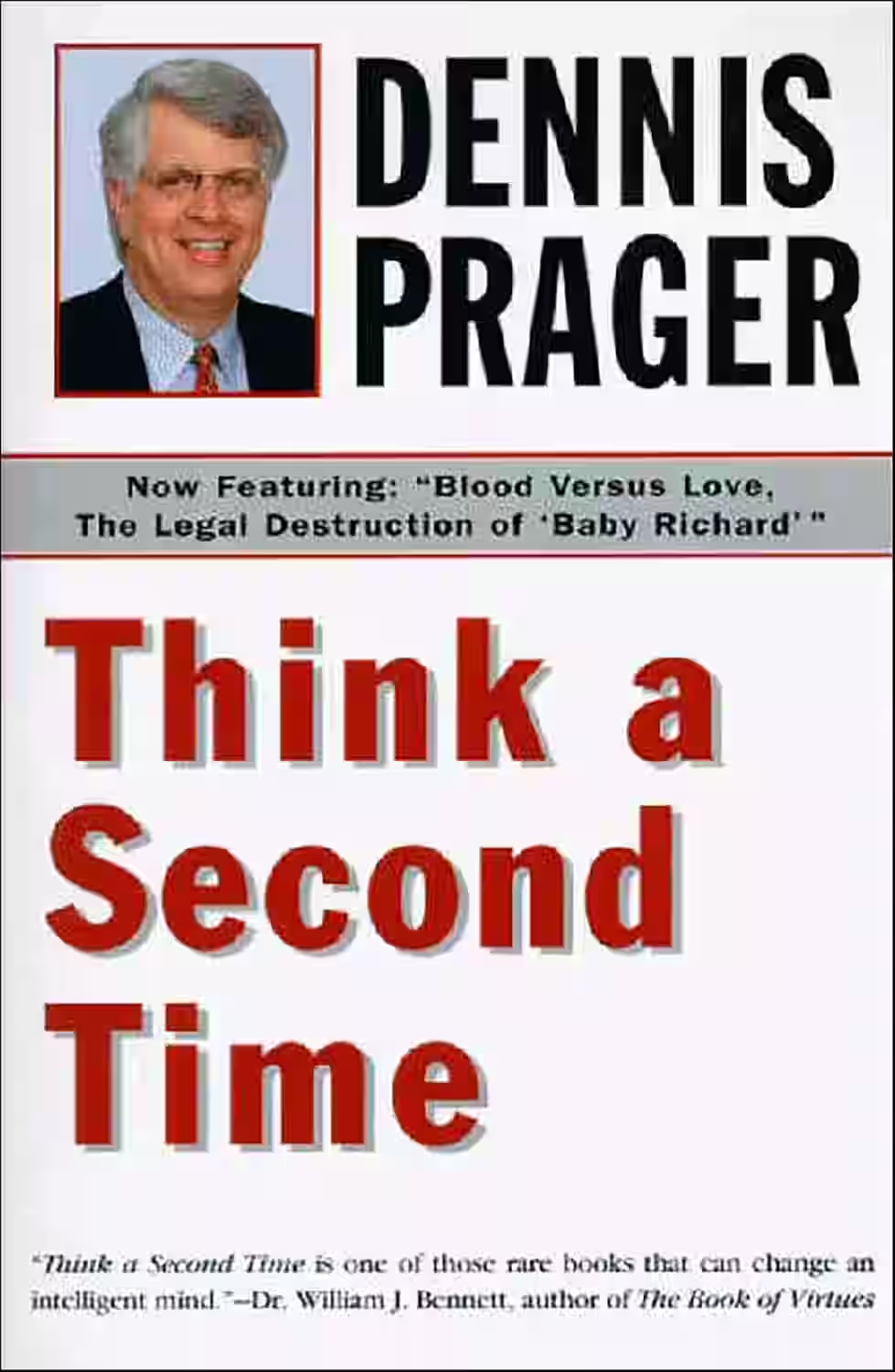
In 'Think a Second Time' by Dennis Prager, readers are taken on a thought-provoking journey through a collection of essays that challenge conventional wisdom and encourage critical thinking. Prager delves into various topics such as happiness, morality, religion, and politics with clarity and insight, prompting readers to reconsider their beliefs and perceptions. Through his engaging writing style and compelling arguments, Prager inspires reflection and dialogue on important issues that are relevant in today's society. This book serves as a powerful tool for stimulating intellectual curiosity and fostering a deeper understanding of the world around us.
About Dennis Prager
Dennis Prager is a renowned American author, public speaker, and media personality known for his insightful commentary on ethical, political, and cultural issues. With a prolific career spanning several decades, Prager has authored numerous influential works, including 'Happiness is a Serious Problem' and 'Still the Best Hope: Why the World Needs American Values to Triumph.' Through his writing, Prager has captivated audiences with his thoughtful analysis and practical wisdom, challenging readers to consider fundamental questions about morality, society, and personal fulfillment. As a prominent conservative voice, Prager has made a significant impact on literature and public discourse, engaging readers with his thought-provoking perspectives.
Other Books by Dennis Prager
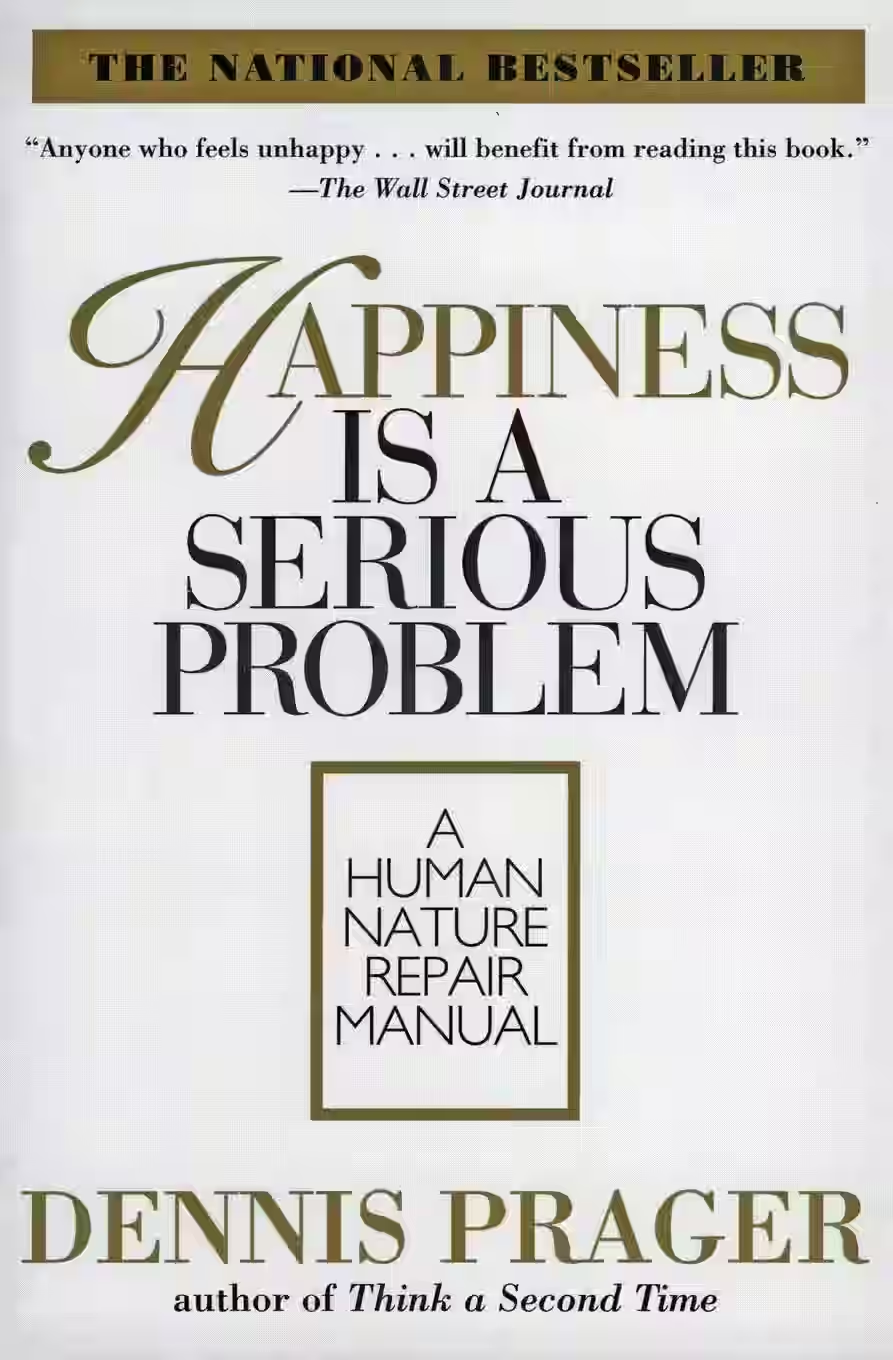
Happiness Is a Serious Problem: A Human Nature Repair Manual
In 'Happiness Is a Serious Problem: A Human Nature Repair Manual' by Dennis Prager, the author delves into the complexities of achieving true happiness in a world filled with seemingly insurmountable challenges. Drawing on philosophical insights, psychological research, and personal anecdotes, Prager provides readers with a thought-provoking guide on how to navigate the pursuit of happiness. Through discussions on gratitude, self-acceptance, and the importance of personal responsibility, the book offers a roadmap for individuals seeking a more fulfilling life. Prager's conversational writing style and practical advice make this book a valuable resource for anyone looking to cultivate a deeper sense of contentment.
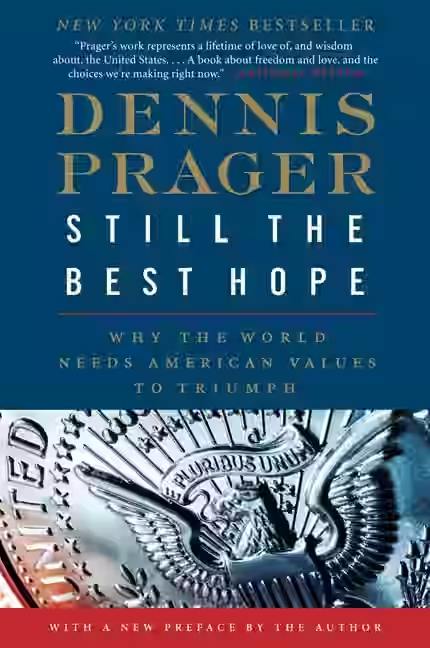
Still the Best Hope: Why the World Needs American Values to Triumph
In 'Still the Best Hope: Why the World Needs American Values to Triumph,' Dennis Prager passionately argues for the universal significance of American values in the face of ideological challenges. He dissects the contrasts between the American Trinity of Liberty, In God We Trust, and E Pluribus Unum and the Left, Islamism, and nationalism, positing that the American value system offers the best path forward for humanity. Prager delves into historical contexts, philosophical reflections, and current societal issues, presenting a compelling case for the enduring relevance of American ideals. This book is a stirring call to uphold and promote these values globally.
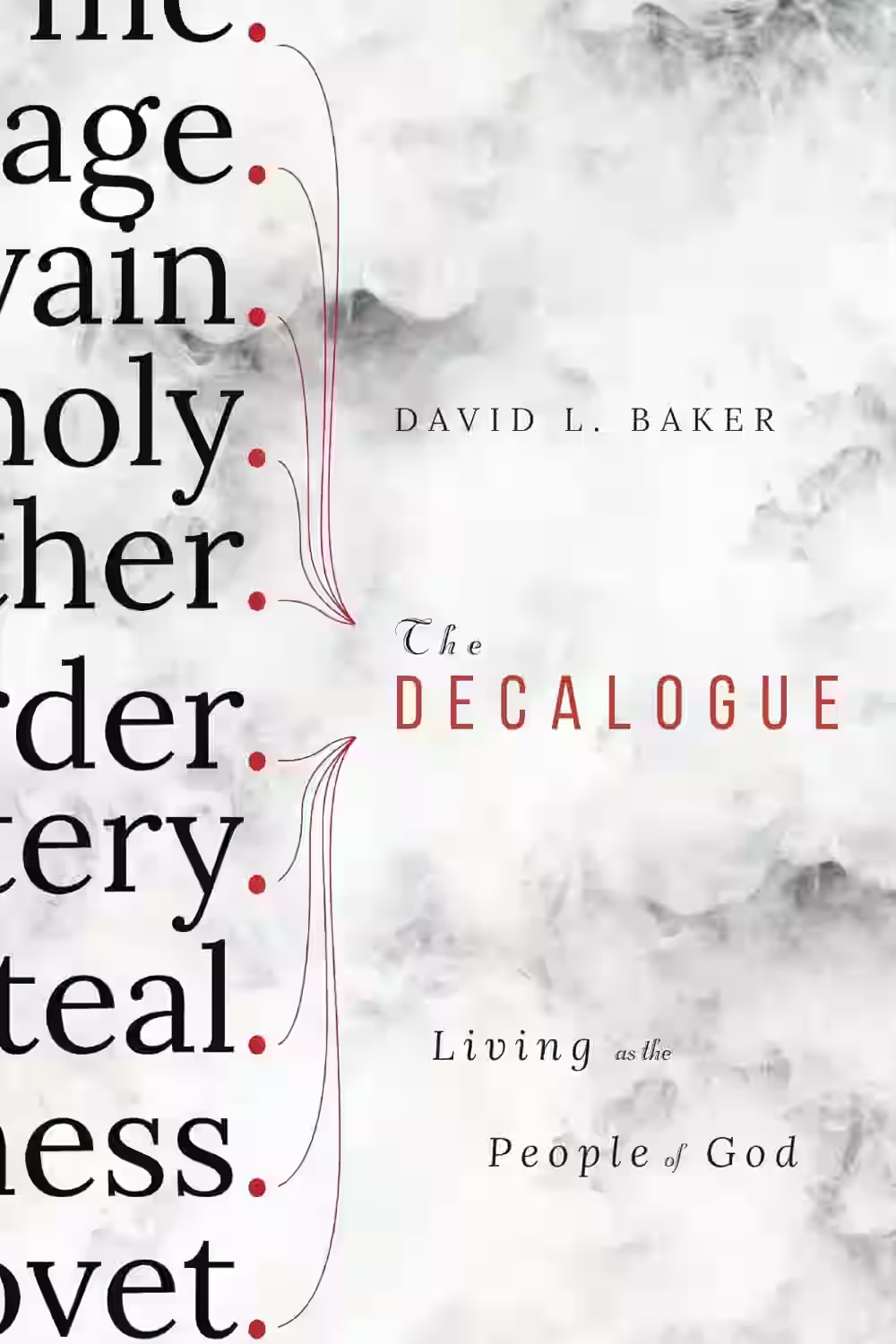
The Decalogue: Living as the People of God
In 'The Decalogue: Living as the People of God,' Dennis Prager delves into the timeless wisdom and relevance of the Ten Commandments for contemporary society. Through insightful analysis and practical examples, Prager illustrates how these commandments can serve as a moral compass for individuals and communities seeking guidance in a complex world. He explores themes of ethics, spirituality, and personal responsibility, offering a compelling argument for the enduring significance of the commandments in shaping our lives and relationships. This thought-provoking book challenges readers to reflect on their values and actions, sparking meaningful conversations about faith and morality.

The Rational Bible: Genesis
In 'The Rational Bible: Genesis' renowned author and radio host Dennis Prager offers a thought-provoking analysis of the first book of the Bible. Through a rational and philosophical lens, Prager delves deep into the moral and ethical lessons found in the stories of Genesis. He explores themes like the nature of God, the human condition, and the importance of individual responsibility. Prager's writing is accessible, engaging, and insightful, making this book a compelling read for both believers and skeptics. By examining the text with a contemporary perspective, 'The Rational Bible: Genesis' prompts readers to reflect on timeless questions of faith, morality, and the purpose of human existence.
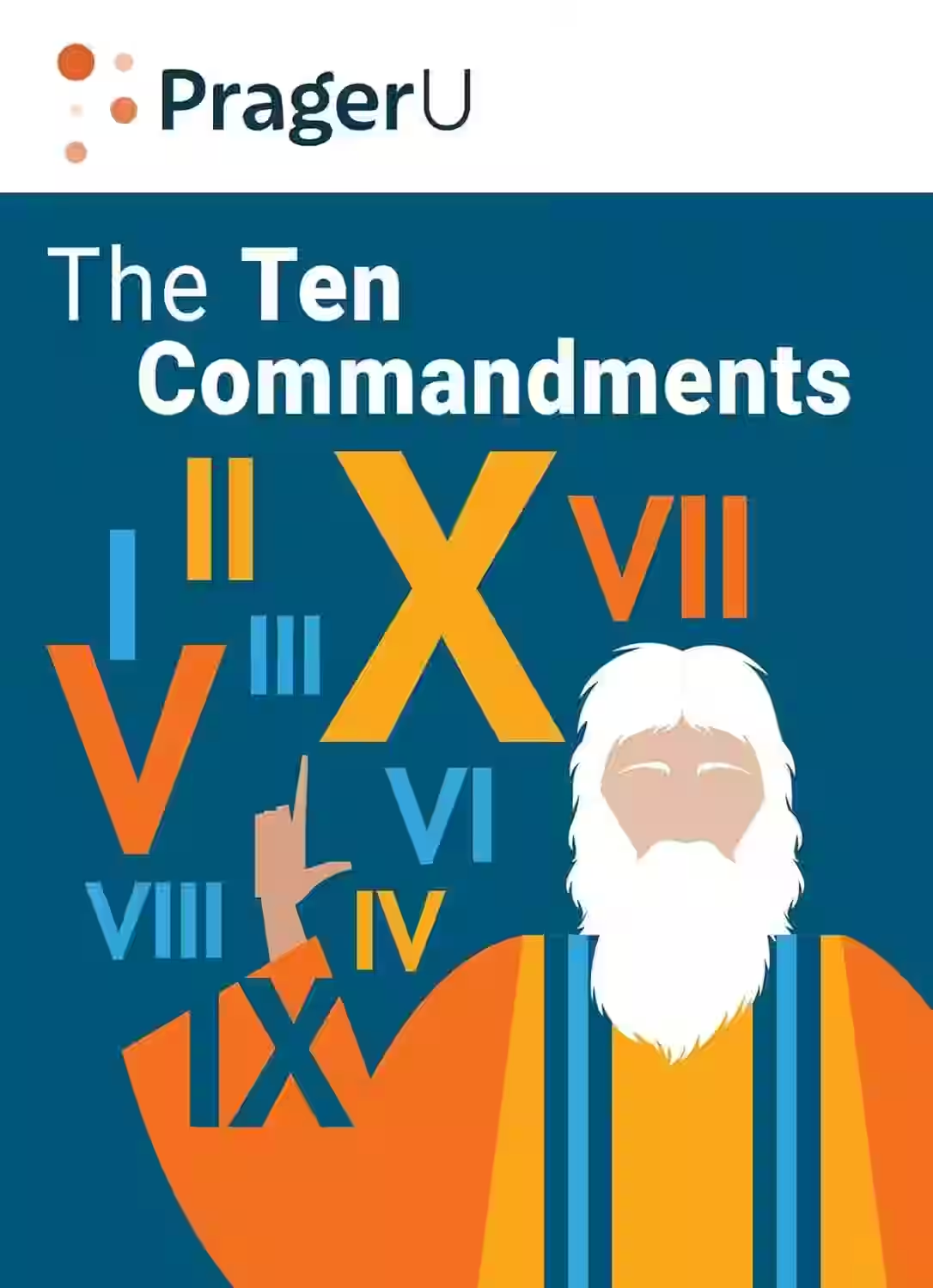
The Ten Commandments: Still the Best Moral Code
In 'The Ten Commandments: Still the Best Moral Code,' Dennis Prager explores the timeless relevance of the Ten Commandments in today's society. Drawing from his background in philosophy and religion, Prager delves into each commandment, discussing their moral significance and practical applications. Through insightful analysis and real-life examples, he argues that following these commandments can lead to a more ethical and fulfilling life. Prager's writing is clear and thought-provoking, making complex moral concepts accessible to readers of all backgrounds. This book challenges readers to reflect on their values and consider the enduring wisdom of the Ten Commandments.
Similar Books
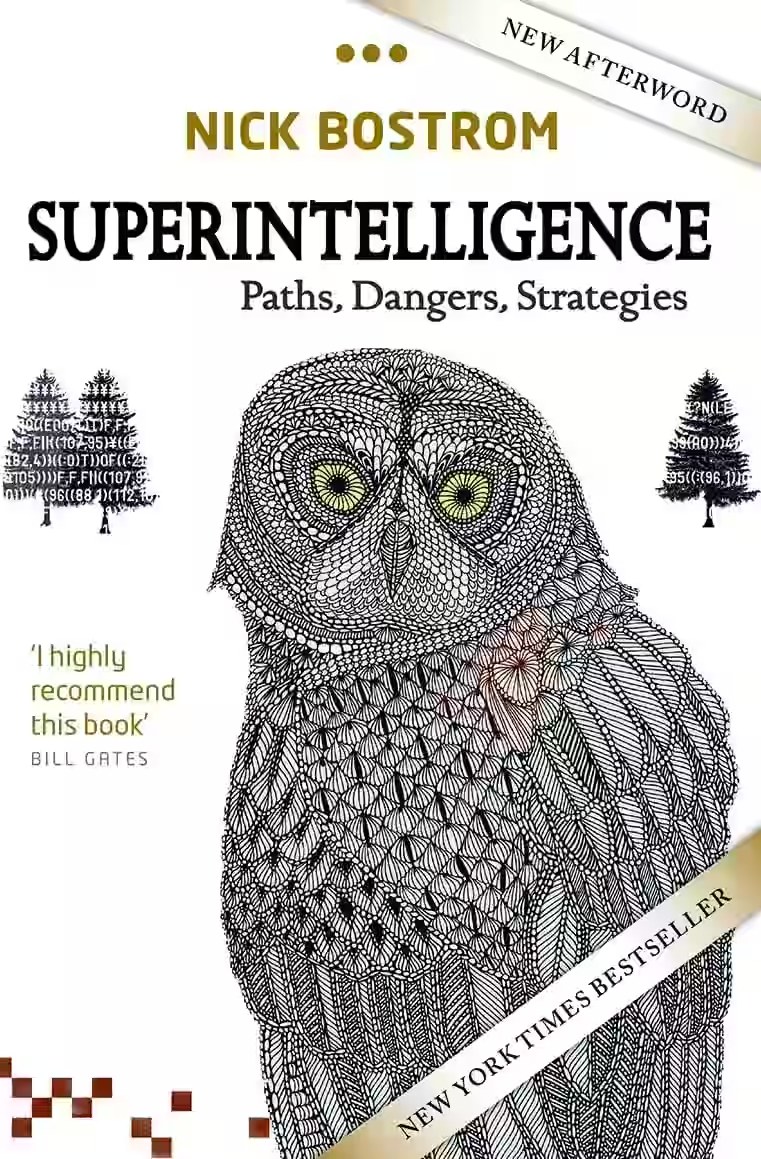
Superintelligence: Paths, Dangers, Strategies
by Nick Bostrom
In 'Superintelligence: Paths, Dangers, Strategies' by Nick Bostrom, the author delves into the future scenarios where artificial intelligence surpasses human intelligence and the potential consequences and strategies to navigate this new era. Bostrom explores the paths that could lead to the emergence of superintelligent machines, the existential risks they might pose, and the ethical dilemmas surrounding their development. Through a meticulous examination of various disciplines, from philosophy to computer science, Bostrom presents a thought-provoking and comprehensive analysis of the implications of superintelligence. This book challenges readers to contemplate the profound impact of AI on our future.
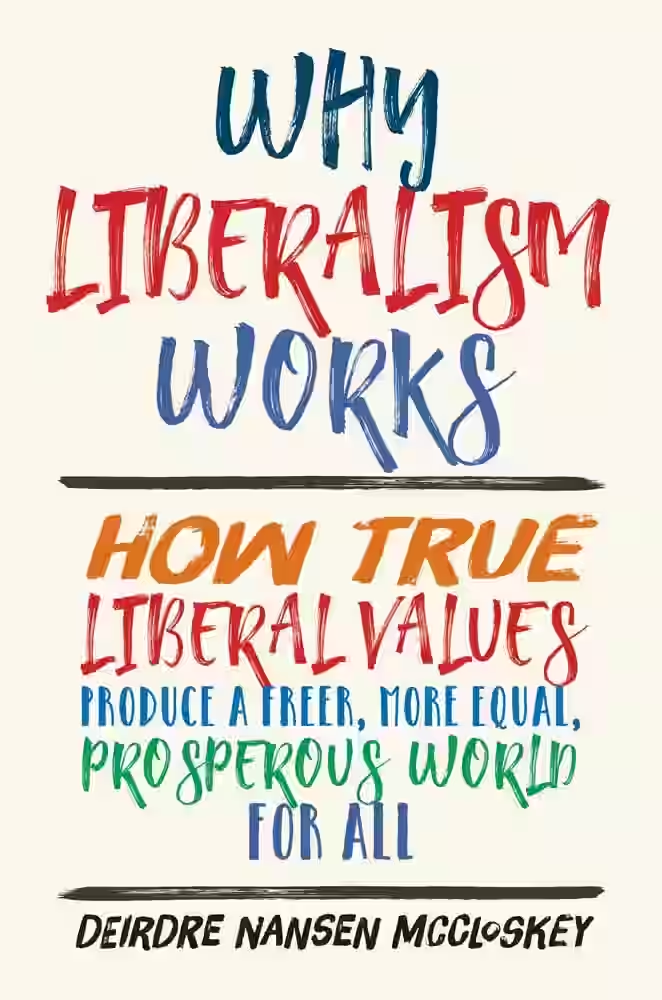
Why Liberalism Works
In Why Liberalism Works, economist and historian Deirdre McCloskey mounts a spirited defense of classical liberalism—the belief in individual liberty, free markets, and democratic governance. She argues that liberal ideas have lifted billions from poverty, expanded human rights, and created unprecedented prosperity. McCloskey critiques both right-wing nationalism and left-wing authoritarianism, warning against threats to liberal values. Blending historical analysis with economic insight, the book challenges modern skepticism toward capitalism and open societies. It is a timely reaffirmation of liberalism's moral and practical foundations, encouraging a renewed commitment to tolerance, innovation, and dignity for all individuals.
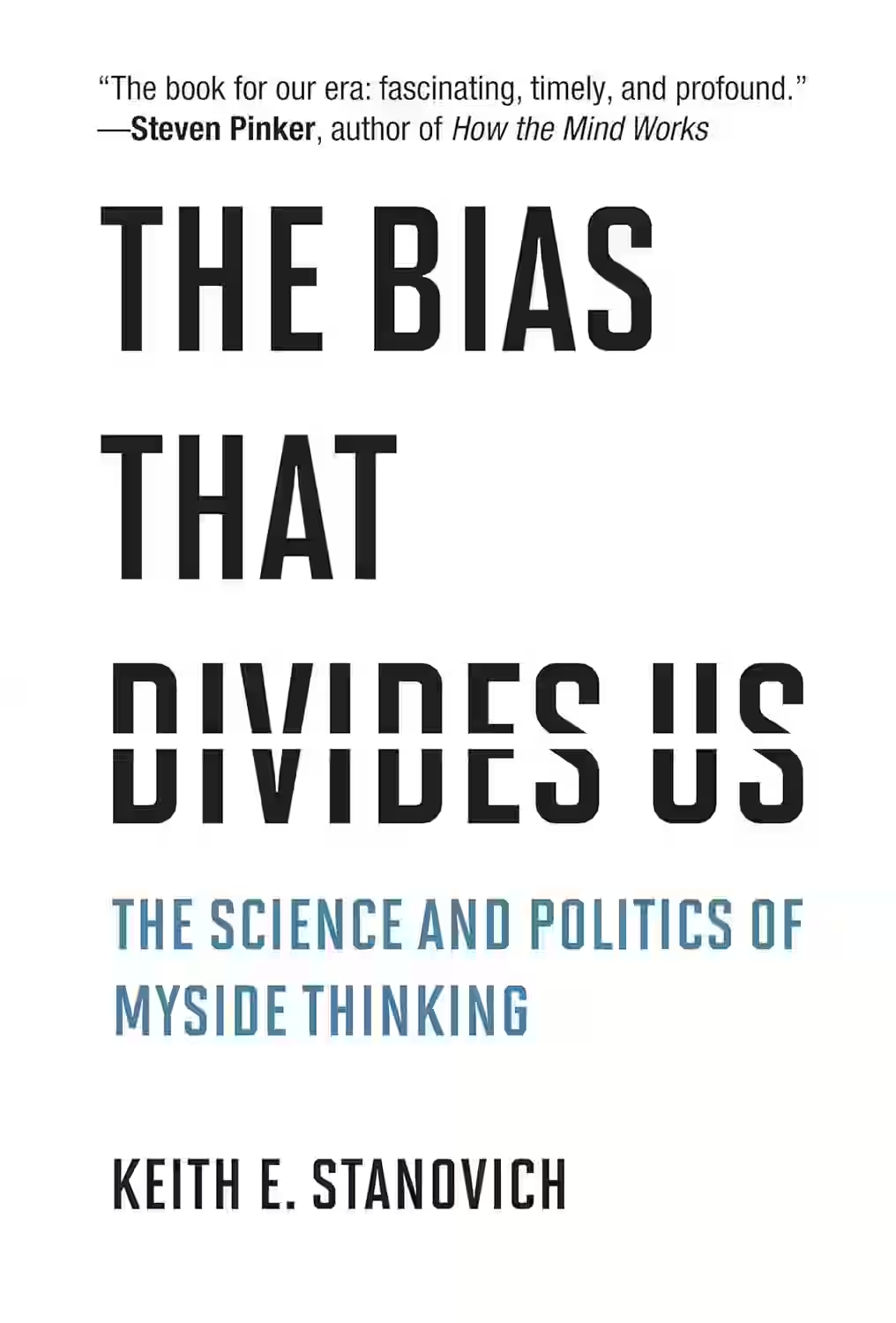
The Bias That Divides Us
Keith Stanovich explores “myside bias,” a cognitive tendency where people favor information that supports their pre-existing beliefs. The book shows how this bias undermines rational discourse, fuels political polarization, and distorts decision-making—even among highly intelligent individuals. Stanovich distinguishes between intelligence and rational thinking, arguing that education alone doesn’t guarantee cognitive objectivity. Through accessible research and examples, he offers strategies for cultivating rationality and intellectual humility. The Bias That Divides Us is a vital contribution to understanding how psychological blind spots hinder progress and how we can overcome them to think more clearly and engage more constructively.
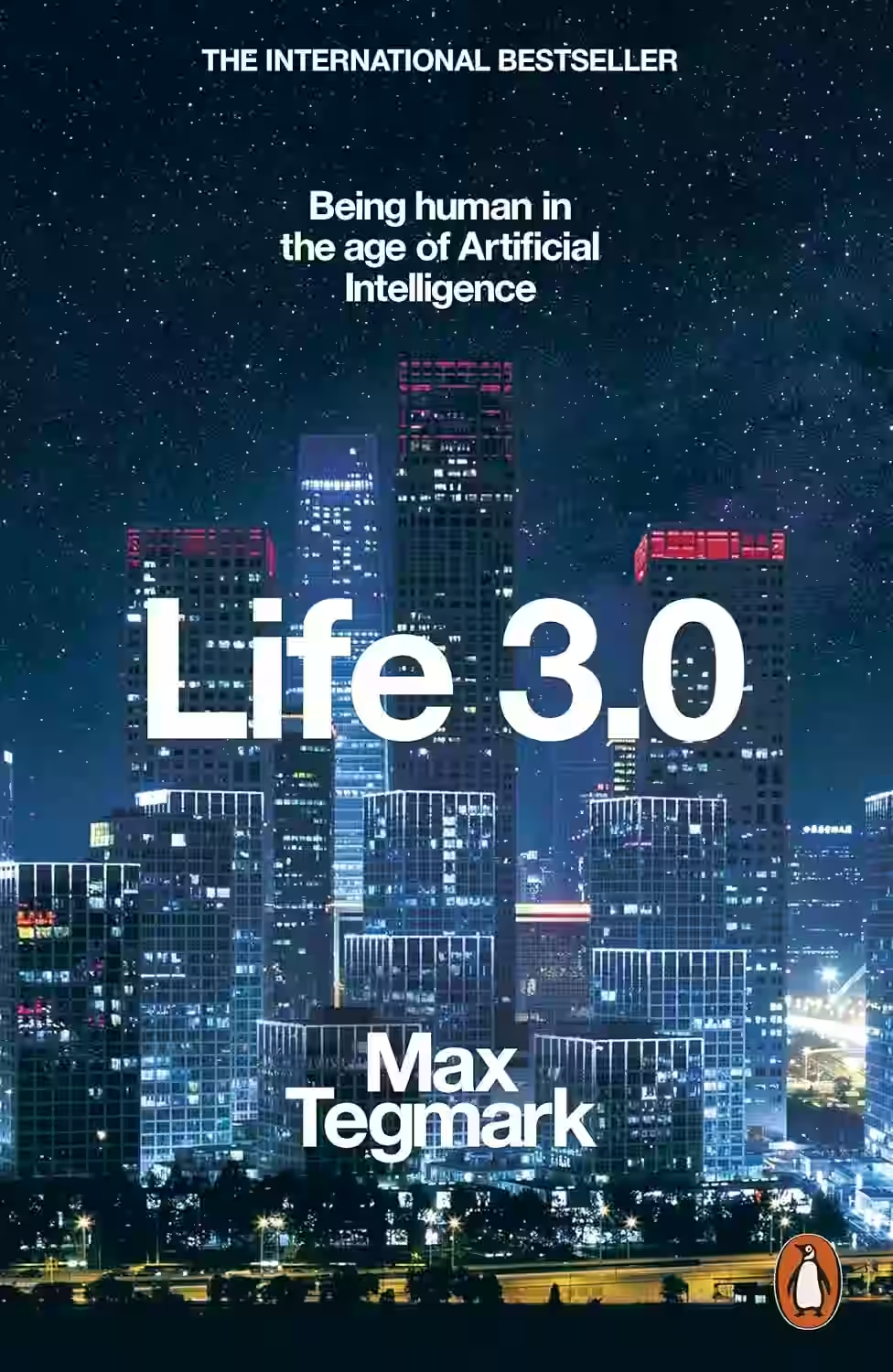
Life 3.0: Being Human in the Age of Artificial Intelligence
by Max Tegmark
In Max Tegmark's insightful book 'Life 3.0: Being Human in the Age of Artificial Intelligence', readers are taken on a fascinating journey exploring the implications of Artificial Intelligence on humanity's future. Tegmark delves into thought-provoking questions about consciousness, ethics, and the socio-economic impacts of AI. Through engaging prose and thorough research, he presents various scenarios of how AI may shape the world and challenges readers to contemplate what it means to be human in a technologically advancing society. 'Life 3.0' offers a balanced view of the promises and perils AI brings, making it a compelling read for anyone interested in the intersection of technology and humanity.